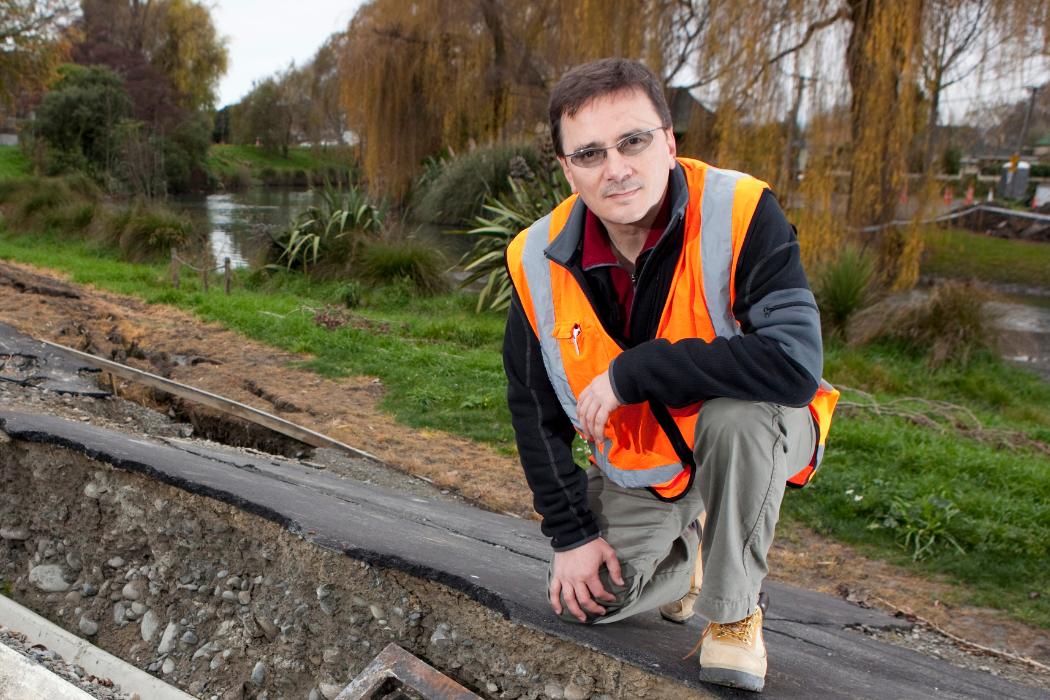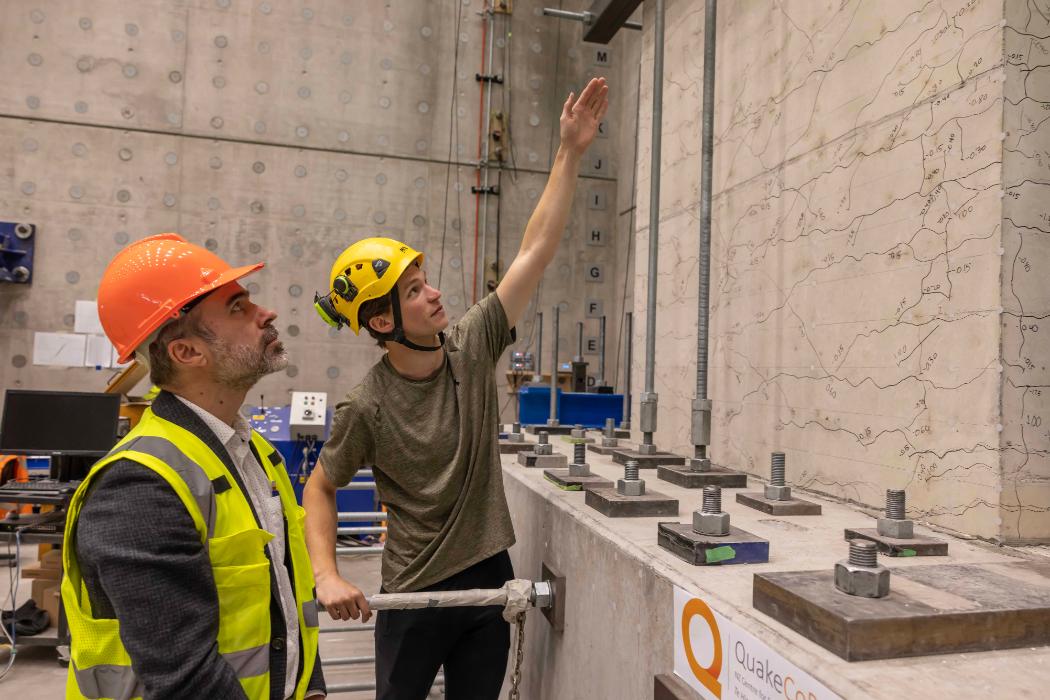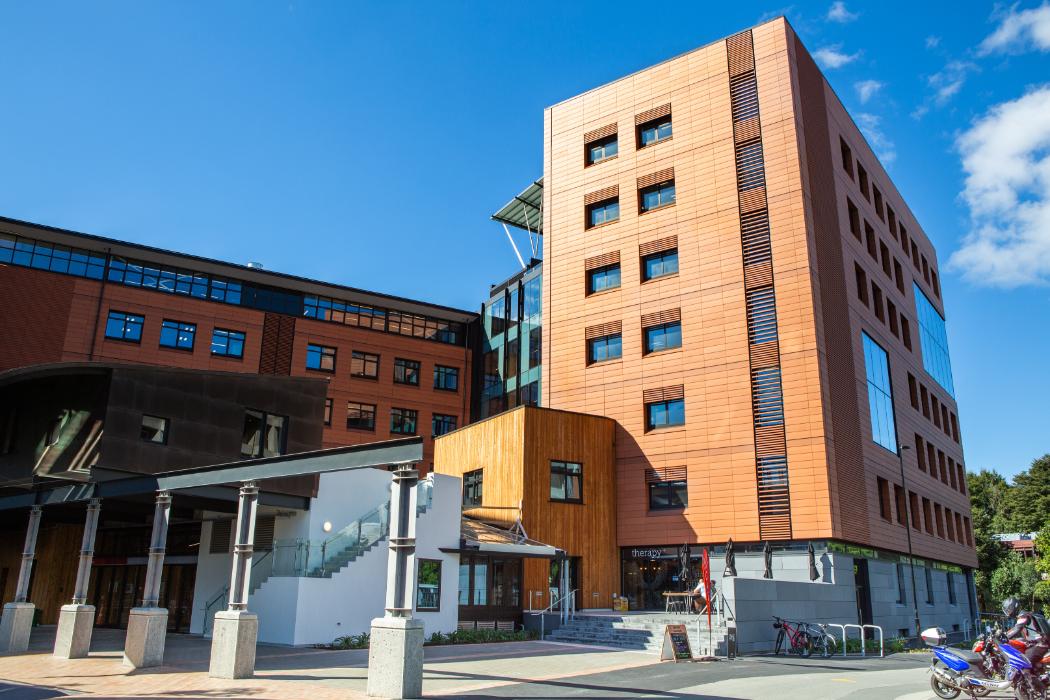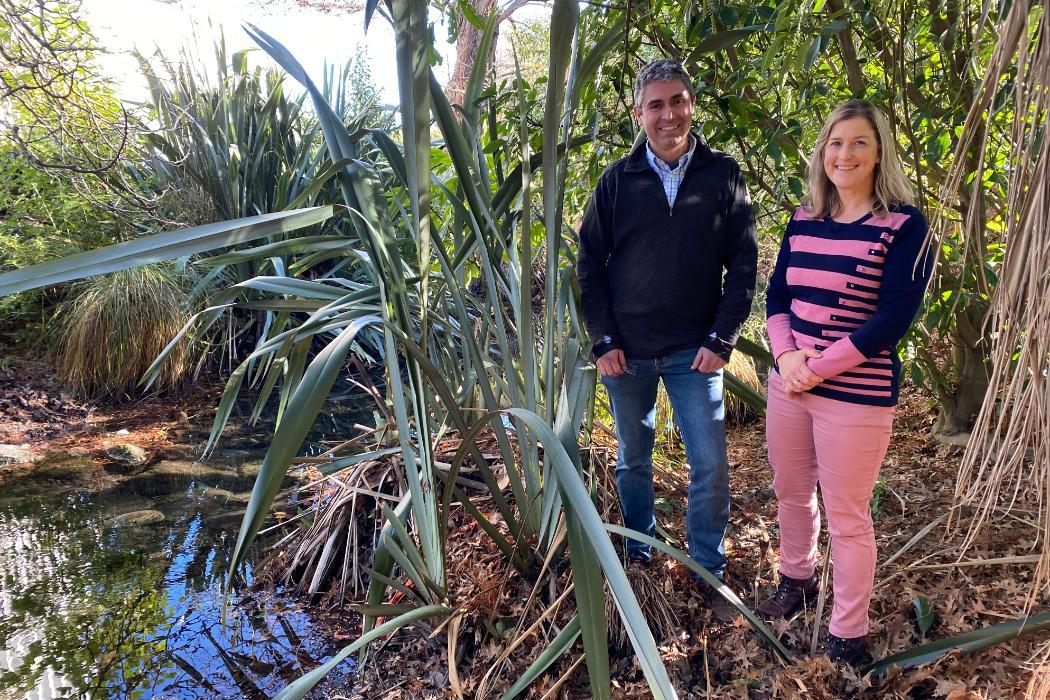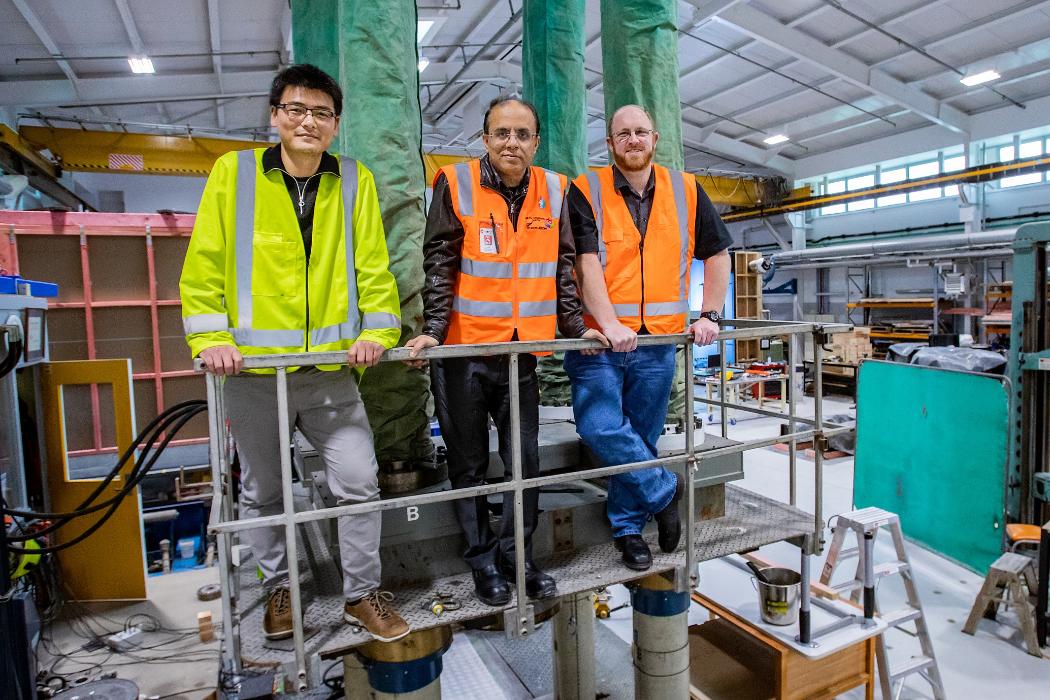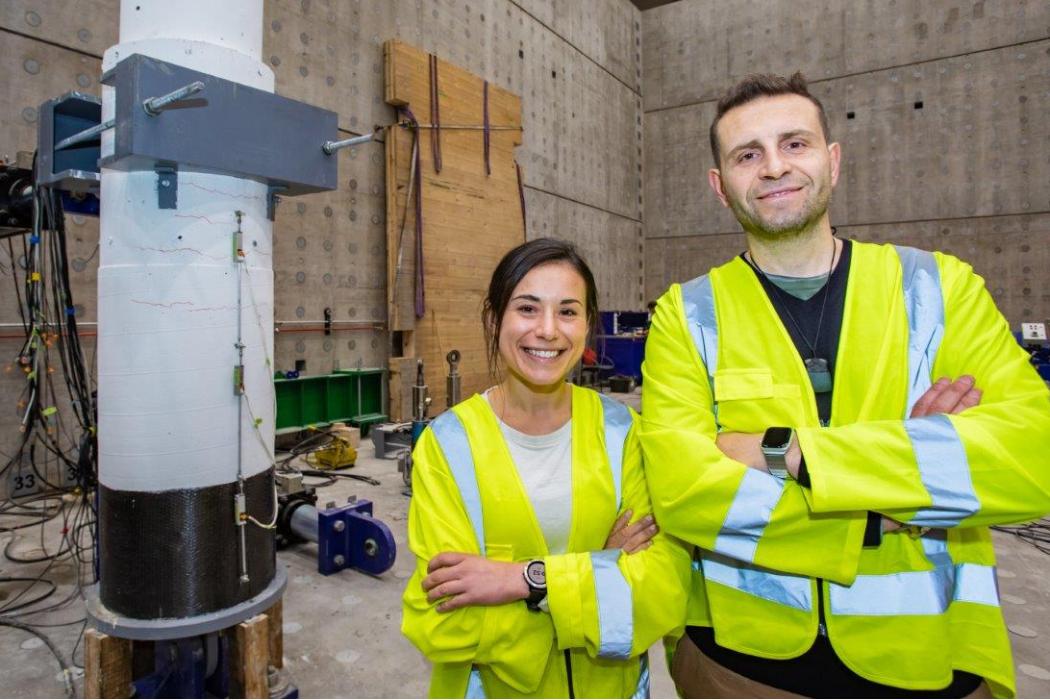What is Civil and Natural Resources Engineering?
We design and maintain community buildings, water systems, airports, roads and transportation and city infrastructure.
You can study a large variety of specialisations as part of your studies, these days Civil and Natural Resources Engineering is not just the planning and building of roads and large buildings, it has expanded to include:
- environmental issues such as reducing pollution and waste management,
- humanitarian engineering where we help developing communities to improve their quality of life by sharing knowledge and skills,
- management engineering where we learn how best to manage large projects efficiently and effectively, and
- systems engineering which is where you take a holistic big-picture view point looking at how cities should be in the future, how buildings and ecosystems, public amenities and costal protection need to work together to better protect our land, sea and air that we live in.
So, use your desire to make things (and make them better), your analytical mind, your creative self and problem-solving abilities to create a career path that is full of opportunities and really does enable you to engineer the future of our society.
A career in the Civil and Natural Resources Engineering means you can have a tangible impact on the world you live and work in, helping your tangata (people) live better lives, caring for Aotearoa and creating the world you want.
Be empowered to make a difference.
In our department you can study a Bachelor of Engineering (Hons) in:
- Civil Engineering
- Minor in water and environmental systems
- Minor in structural engineering
- Natural Resources Engineering
Why study with us?
- Our department proudly holds a position within the prestigious Top 100 in the QS World University Rankings by Subject 2023: Civil and Structural Engineering
- The University of Canterbury is the only university in the world to offer Natural Resources Engineering
- We have new, high-tech laboratories all right on campus
- You will engage and compete in fun and innovative challenges, such as the bridge competition





